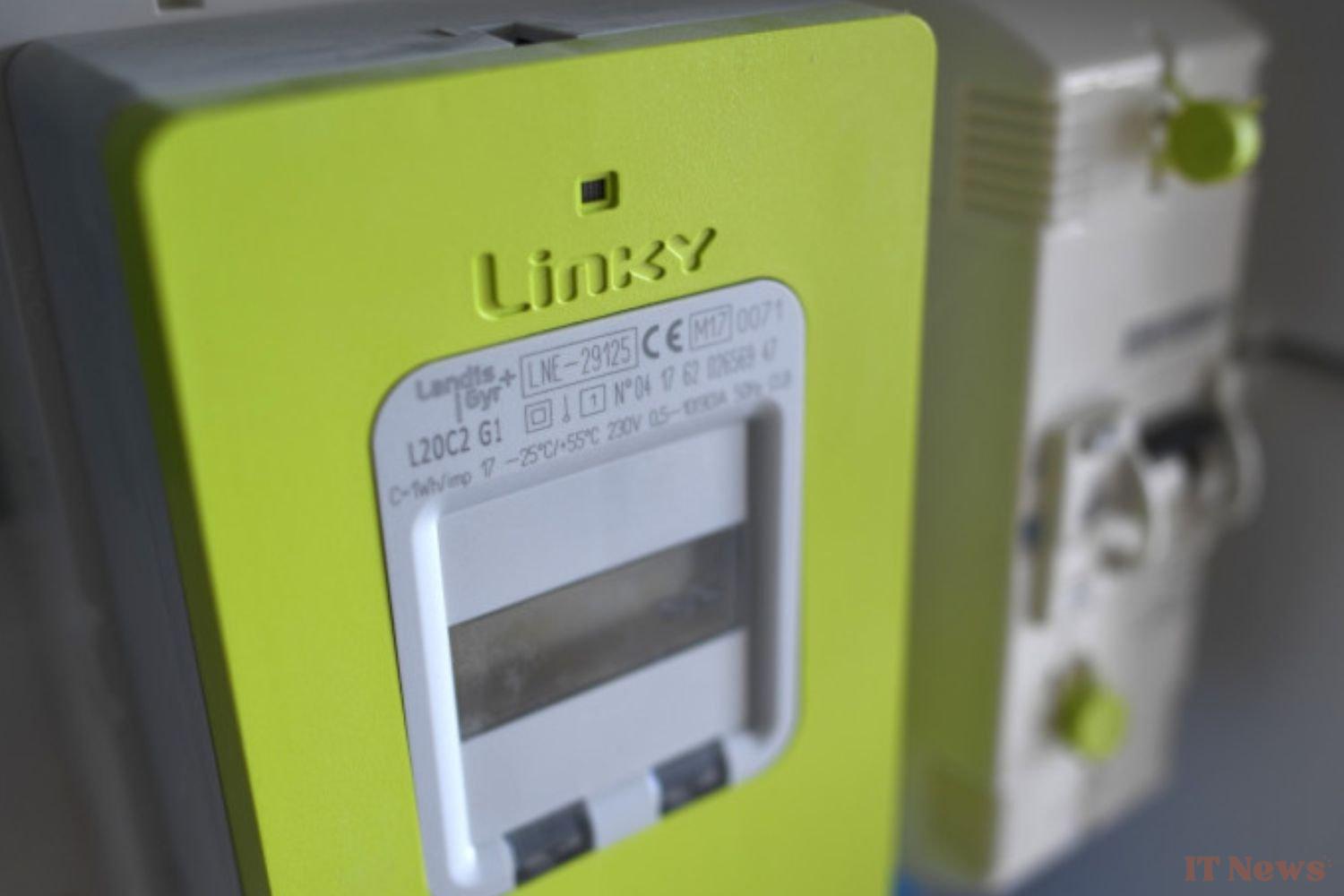Since their introduction in 2018, Linky meters have divided opinion. While Enedis touts their usefulness for the energy transition, some French people perceive them as intrusive and even potentially harmful (remember that no evidence of this harmfulness has yet been demonstrated). In recent months, the deployment of smart meters has accelerated, with the prediction of an additional tax for opponents of the system. Last month, however, a judgment by the Lyon administrative court marked a strategic turning point, officially recognizing the right of an individual to refuse their installation.
A victory for Linky opponents
At the heart of this case is Pierre Cascina, a resident of the Loire who believes his life has been turned upside down after the installation of a Linky meter in 2022. Suffering from severe insomnia and persistent migraines, he attributed these problems to the electromagnetic waves emitted by the device. Despite his repeated requests to Enedis to remove the meter, his complaints went unheeded. The man finally took the matter to court. The Lyon Administrative Court ruled in his favor, ordering Enedis to replace the meter with a conventional model. This judgment is based on an innovative application of the precautionary principle: although the impact of electromagnetic waves on health remains scientifically uncertain, the judges considered that the plaintiff's subjective suffering constituted a valid argument.
Why is this important?
This decision sets a major legal precedent that could pave the way for thousands of other similar appeals. According to associations such as Stop Linky 5G Loire, more than 1,200 cases are already in preparation. For Enedis, this is a serious setback. The company defends its program as essential to the energy transition, promising a reduction in CO2 emissions through better management of electricity networks. It also emphasizes that despite persistent concerns, its meters comply with European standards on electromagnetic waves (30 V/m, well below the authorized threshold of 87 V/m).
However, the technical arguments put forward by Enedis are struggling to convince the project's detractors. A recent study conducted by INSERM reveals that 67% of French people want more protection against artificial radiation in their home environment. These concerns reflect a general mistrust of connected technologies, with the green box at the forefront.
A snowball effect to be expected
This legal victory could mark the beginning of a new era in the regulation of technological infrastructures in France. Firstly, because it calls into question the obligation to accept connected equipment in one's home. Secondly, because it could force Enedis to adapt its strategy in the face of opposition from certain households. The government has announced the conducting of a multidisciplinary audit in June 2025 to assess the health and social impacts of smart meters. While this decision is hailed as a victory by opponents of Linky, Enedis has not said its last word.



0 Comments